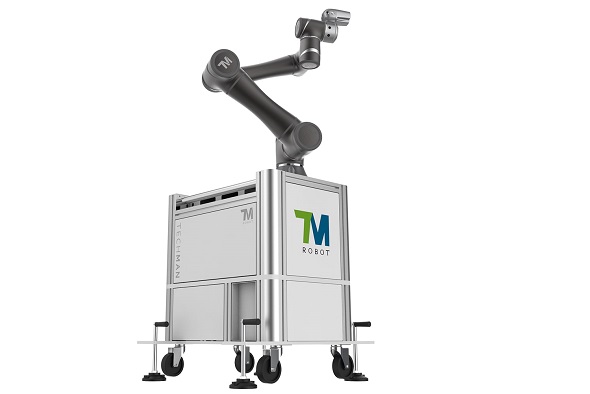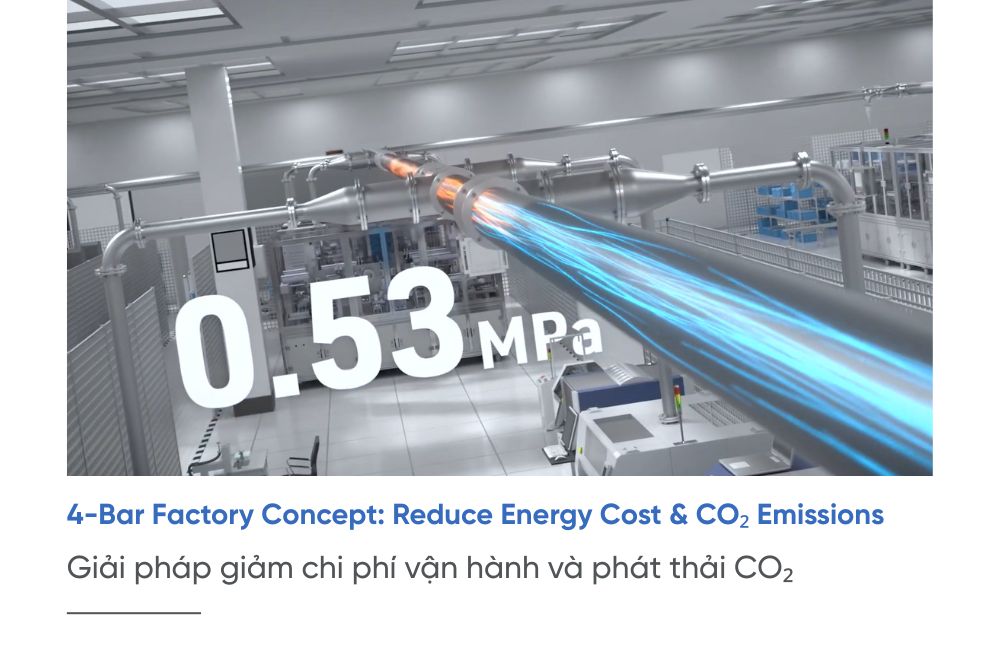The torque meter plays an essential role in measuring and analyzing the load-bearing capacity of materials under torsional stress. In this article, we will compare the differences between the UTMII and UTMIII torque meters as well as their appropriate applications.
1. What is a torque meter?
According to definitions compiled by Temas, a torque meter is a device used to measure the load-bearing capacity of materials when subjected to torsional forces. It assesses a material's resistance to torsion by applying a fixed force and measuring the corresponding torque.
For more detailed information, please refer to the article: Rotary torque meter
2. Comparison of UTMII and UTMIII Torque Meters
2.1. Similarities
- Both operate smoothly and integrate an amplifier module
- Compact size, convenient
- Cable type: 2m - 5m (optionally available with Encoder cable)
- Voltage: DC24V (power consumption fluctuates from 100 - 160mA)
- Competitive pricing, depending on the seller.
2.2. Differences
| Criteria | UTMII | UTMIII |
| Image | 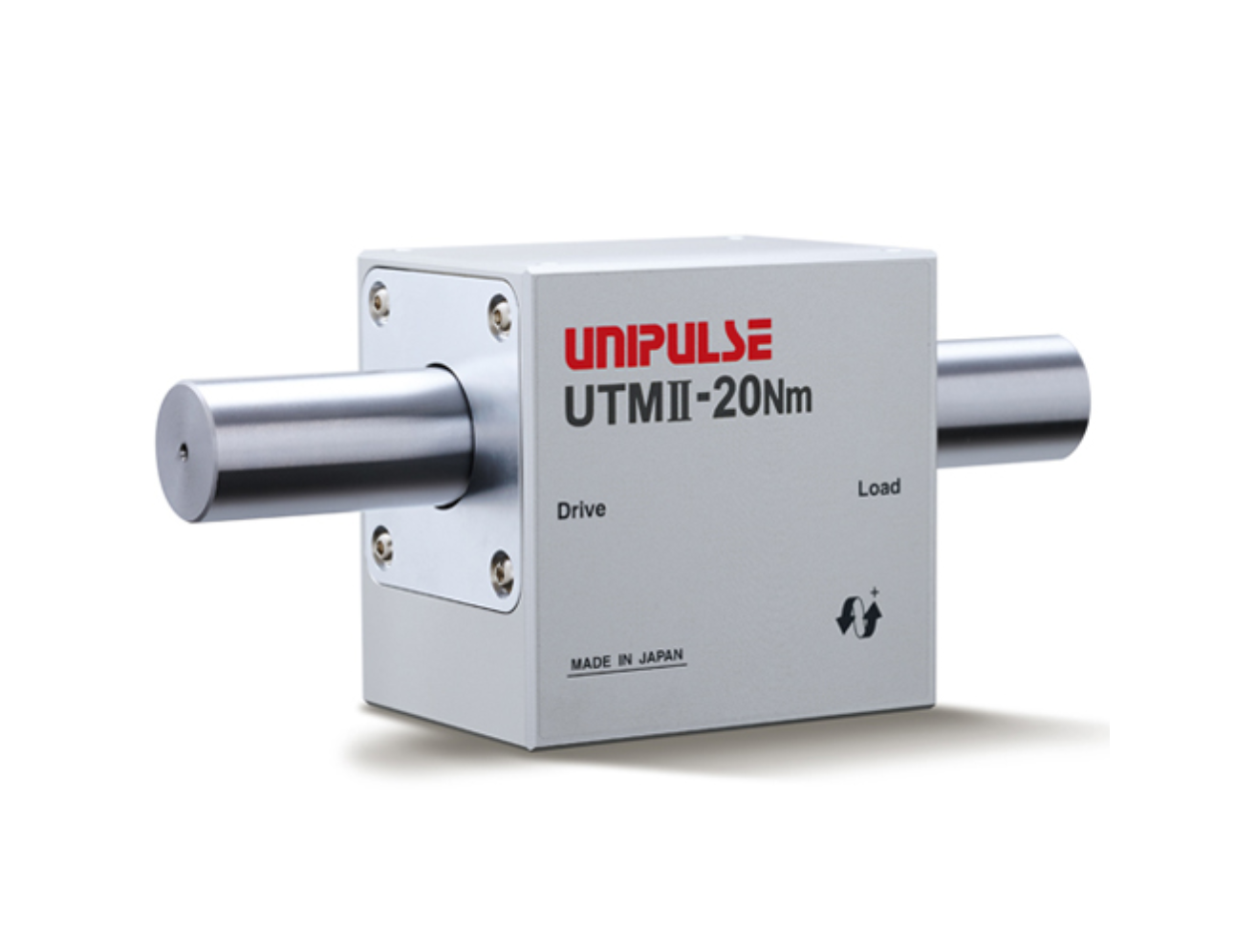 |
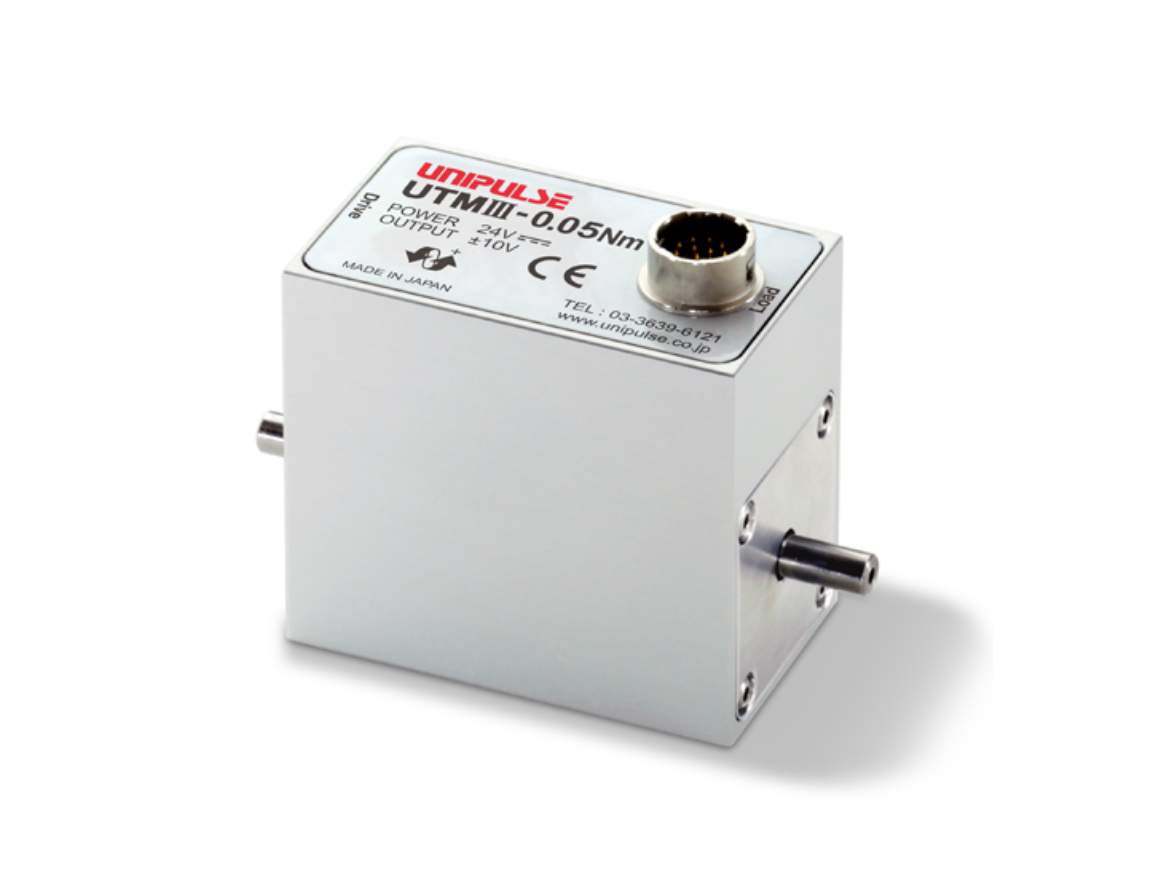 |
| Size | Larger than UTMIII |
More compact than UTMII Upgraded version and easier to use than UTMII |
| Response Frequency | 1kHz (sampling: 6kHz) | 5kHz (sampling:20kHz) |
| Output | ±5V |
±10V Digital output available, equipped with fast-response analog bandwidth. Includes filter adjustment and additional digital zero function. |
2.3. Choosing between UTMII or UTMIII?
| UTMII | UMTIII | |
| Advantages |
|
|
| Disadvantages |
|
|
| Applications |
|
|
Some Frequently Asked Questions about UTMIII and UTMII
3.1. Are UTMII and UTMIII waterproof?
Although the structures of UTMII and UTMIII are tightly sealed, they are not completely waterproof.
3.2. Do UTMII and UTMIII require regular maintenance?
Due to their structure, UTMII and UTMIII do not require regular maintenance.
3.3. What is the lifespan of UTMII and UTMIII?
The lifespan of these torque meters depends on the bearing lifespan informationi.
3.4. Will exceeding the load capacity damage UTMII and UTMIII?
These torque meters have a load capacity of 500%, so exceeding the load temporarily will not immediately damage the devices.
3.5. With the Encoder option, what is the speed limit for UTMII and UTMIII?
| The speed limit | Encoder |
| UTMII 0.05Nm~10Nm | 4500rpm |
| UTMII 20Nm ~ 50Nm | 2000rpm |
| UTMIII 0.05Nm~50Nm | 5000rpm |
| UTMIII 100Nm~500Nm | 2500rpm |
3.6. Is it necessary to calibrate UTMII and UTMIII before use?
All these products are calibrated by Temas before delivery. The output value for UTMII is ±5V, and for UTMIII it is ±10V.
3.7. Where should I buy UTMII and UTMIII?
Currently, Temas distributes the highest quality UTMII and UTMIII torque meters on the market, suitable for various industrial applications.
For further inquiries, please contact us via email at info@temas.vn or phone: (+84) 24 3386 1691 / 24 3795 7839 (Hanoi) or (+84) 28 2243 0303 (Ho Chi Minh).
Nguồn tham khảo: Unipulse Corporation
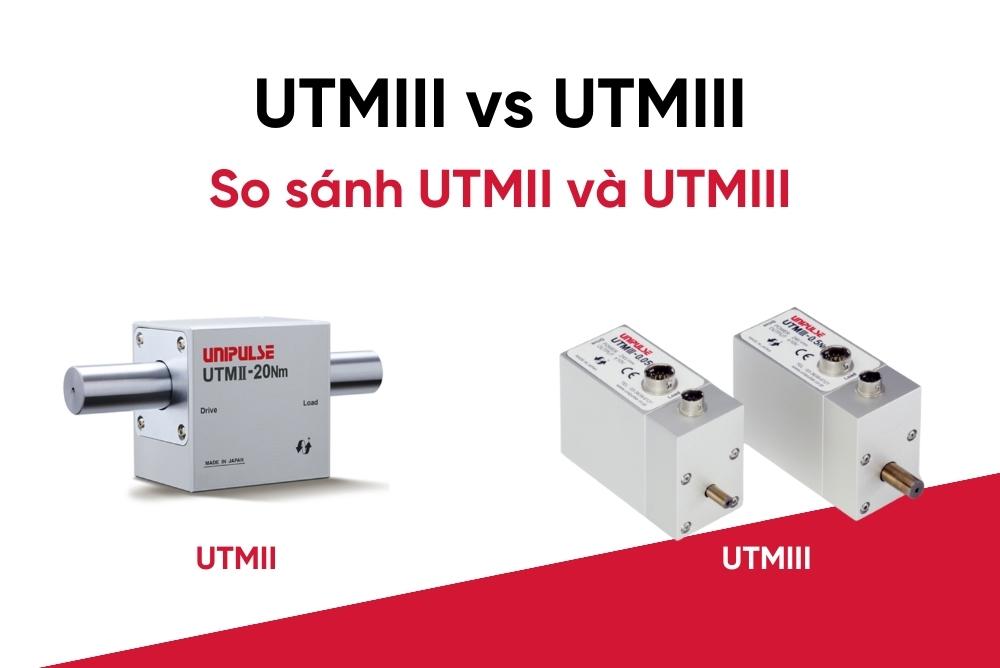
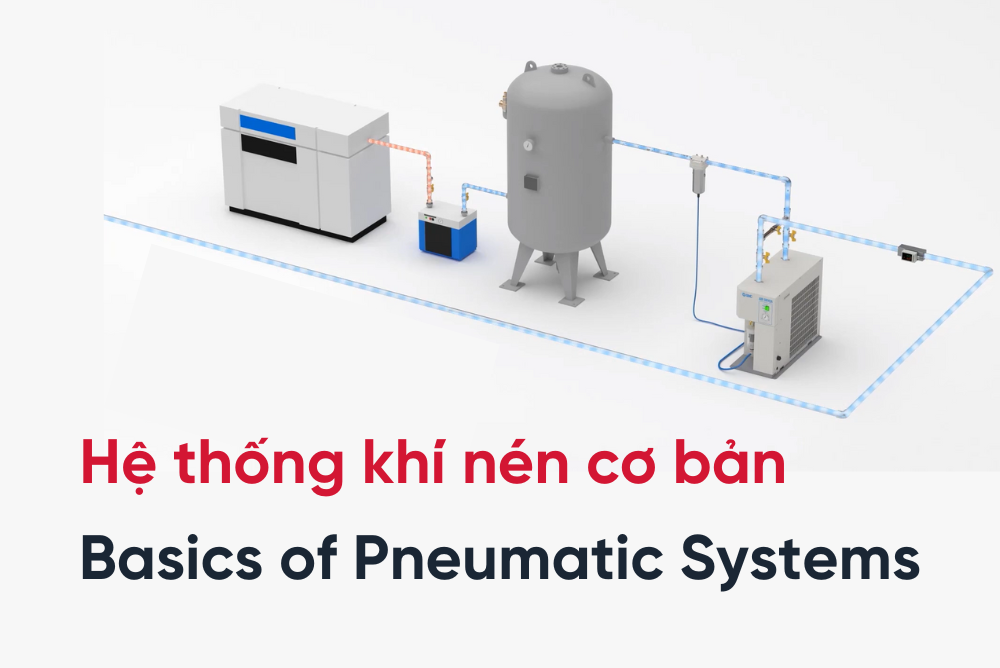
 Read more
Read more

